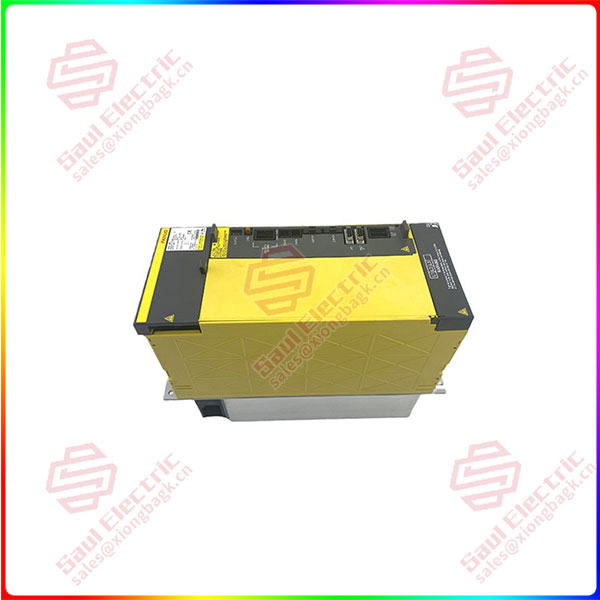Think big and start small
Today, digital transformation has shifted from concept to large-scale landing stage, and intelligent manufacturing upgrading is becoming a “required course”. However, McKinsey Consulting company’s survey of more than 800 traditional enterprises around the world shows that although nearly 600 enterprises have started digitization, 71% of them still stay in the pilot stage, 85% of enterprises stay for more than a year, and can not achieve scale promotion. Why are many enterprises still “crossing the river by feeling the stones” in the process of intelligent manufacturing transformation? Shi An believes that the core challenges are overcapacity, a high degree of homogeneity and weak demand.
This year, in the eighth edition of Rockwell Automation’s annual State of Smart Manufacturing Report, technology is critical to mitigating risk and enabling growth. However, a third of manufacturers still face a limited range of available systems and platforms, resulting in “technology paralysis” – the inability to decide between various solutions. Therefore, having a partner with relevant industry expertise and experience is also important for enterprises to achieve smart manufacturing upgrades.
Shi said: Rockwell Automation in the process of mapping the future with partners in different fields, innovation and sustainable development are increasingly important in the process of digital transformation of enterprises.

A06B-6117-H109
First, people are the core. The disconnect between people, process and strategy is the main reason for the failure of enterprise digital transformation. Secondly, how to effectively increase efficiency and reduce emissions, and accelerate the embrace of net zero future has become a problem for many enterprises to think about; In addition, ecological partners in different industries may also face different challenges due to technical barriers in their respective environments or different supply chain ecology.
How to break the game? Shi An believes that creating new demand is particularly key, he said: In line with the enterprise’s emphasis on green development, we believe that cross-border innovation and sustainable development thinking will play a very important role in the low-carbon digital intelligent transformation of enterprises. From the stage of science and innovation, we begin to implant cross-border innovation and sustainable development thinking, and then let industrialization have a systematic scale system, and then let commercialization have a systematic scale pattern, this set of thinking logic helps us think about how to constantly create new needs.
With 120 years of experience, Rockwell Automation has accumulated a wealth of industry knowledge and practical experience in new energy vehicles, life sciences, food and beverage and other industry segments. We have won recognition from many eco-partners, with about 95% of the Fortune 100 industrial companies, 95% of the top 100 life sciences companies, more than 80% of the global 100 food companies, and almost all large automotive and electric vehicle manufacturers choosing products and solutions from Rockwell Automation and its partners.
In the process of helping the ecosystem partner intelligent manufacturing transformation and upgrading, Rockwell Automation mainly empowers customers with core technologies from five aspects: early macro planning, declaration and selection, benchmarking, industry promotion and use case benchmarking, and talent cultivation, helping them to achieve real-time monitoring and optimization control of factory energy consumption, thus achieving significant efficiency and emission reduction. It is worth mentioning that, relying on the in-depth understanding of the needs of China’s ecological partners, Rockwell Automation has adopted an innovative set of end-to-end personnel training system to help customers and partners cultivate and transport talents with cross-border thinking, and leverage more new changes in the development of the industry.
 1 Year Warranty
1 Year Warranty





